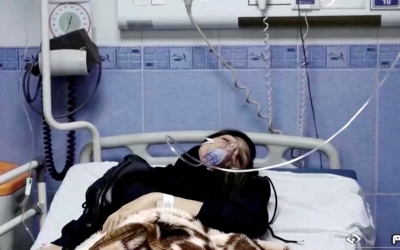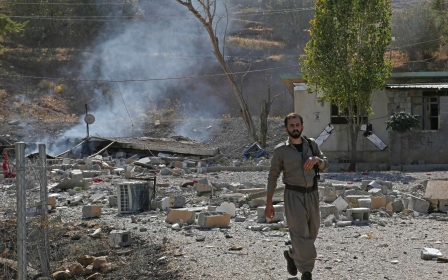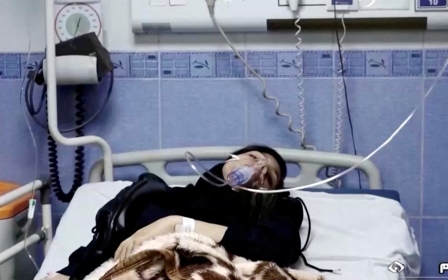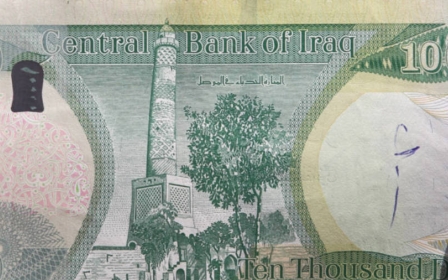Iranian press review: Iran and Taliban deepen alliance
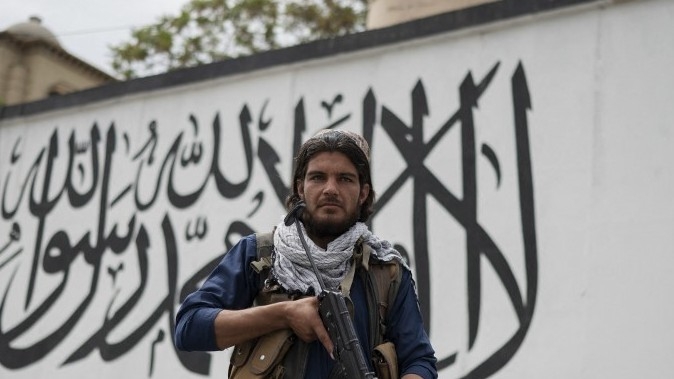
Tehran opens business centre in Kabul
Iran has opened a business centre and permanent trade fair in Afghanistan's capital city, Kabul, in order to develop commercial ties between the two neighbouring countries, Iran's embassy in Afghanistan said on Sunday.
"This centre was opened as an important step to expand the trade between Iran and Afghanistan. This will be a place for Afghan merchants to receive information about Iranian products and goods," the Iranian embassy said.
Over 70 Iranian businessmen travelled to Kabul to participate in the trade fair, according to the Tasnim news agency, which is affiliated with the Islamic Revolutionary Guard Corps (IRGC).
The news agency also quoted Mohammad Sadegh Ghannadzadeh, a high-ranking official at the Trade Promotion Organisation of Iran, as saying: "Afghanistan is one of our strategic allies, and the lack of an active trade centre between the two countries was a serious shortcoming we had."
New MEE newsletter: Jerusalem Dispatch
Sign up to get the latest insights and analysis on Israel-Palestine, alongside Turkey Unpacked and other MEE newsletters
The inauguration of the trade centre came one week after Iran accredited Taliban-appointed diplomats and reopened Afghanistan's embassy in Tehran.
In another move to improve political ties between the two countries, Tehran repatriated 268 Afghan prisoners on Monday and Tuesday, the Fars news agency reported. Over 6,000 Afghans are imprisoned in Iran.
Iran and Afghanistan are both under international sanctions, and by boosting ties, they aim to improve their troubled economies.
Threat to kill the mother of a slain activist with poison gas
The mother of Sattar Beheshti, a worker and blogger who died under torture in security forces custody in 2012, has been threatened with poisonous gas as schoolgirls in the country are hit by respiratory poisoning attacks.
The US-based Sattar Beheshti Foundation said that Beheshti's Mother, Gohar Eshghi, received a call from an unknown number with a death threat on 2 March. Security agencies are the only entities that can use unknown numbers in Iran.
According to this report, Eshghi was told: "Would you shut up, or we will shut you up with poisonous gas."
In response to the threat, on her Twitter account, Eshghi wrote: "To my children's blood I swear, to my brave-heart daughters and courageous sons [of Iran], that I will stand till the end."
Before Beheshti's arrest and death, he had also received similar threats.
Since the death of her son, Esghi has become a hero for those seeking justice in Iran.
Over the past 11 years, she has become one of the most outspoken relatives of those Iranians who have died in the custody of the police and security forces.
Eshghi has been arrested several times for her activism and support for anti-establishment movements. But this has not stopped her from seeking justice for her slain son.
Journalist covering schoolgirl poisonings arrested
Seyyed Ali Pourtabatabaei, an Iranian journalist and media production instructor who has been covering the mass poisoning of schoolgirls in Iran, was arrested in the holy city of Qom on Sunday, local media reported.
Pourtabatabaei, known as Kheyzaran on Twitter, was one of the journalists investigating the cases of respiratory poisonings in girls' high schools in Qom and demanding an explanation from officials.
Since his arrest, his Twitter account has been suspended.
Pourtabatabaei's sister confirmed his arrest, adding that his family does not know which security agency detained him, where he is being kept, and what he was accused of.
The poisoning of schoolgirls began on 30 November in Qom and spread to other major cities across the country.
Iranian officials have accused foreign agents of organising and carrying out the school attacks.
MP urges ban on IAEA head visiting Iran
A member of the Iranian parliament's national security and foreign policy commission, Mahmoud Abbaszadeh Meshkini, has demanded that the government ban Rafael Grossi, the director general of the International Atomic Energy Agency (IAEA), from visiting Iran.
"Grossi should not be allowed to enter Iran because each time he comes, he collects information and then uses that against us," Meshkini told the ILNA news agency.
"Each time, he used our reports to raise new questions and doubts [on Iran's nuclear programme]. And then all those were used to exert more pressure on Iran," he added.
The Iranian legislator also accused Grossi of carrying out political missions instead of discussing technical points related to a potential return to the 2015 nuclear deal to curb Iran's nuclear programme.
"Grossi is not committed to his organisation and his technical responsibilities. Instead, he is committed to western countries' [will]," Meshkini was quoted as saying.
On 3 March, Grossi paid a two-day visit to Iran and met with the Iranian president, foreign minister, and head of the country's atomic energy organisation, as part of an attempt to end Iran's uranium enrichment programme.
In February, the IAEA said Iran had accumulated uranium enriched to 84 percent. Tehran rejected this claim.
*Iranian press review is a digest of news reports not independently verified by Middle East Eye.
Middle East Eye delivers independent and unrivalled coverage and analysis of the Middle East, North Africa and beyond. To learn more about republishing this content and the associated fees, please fill out this form. More about MEE can be found here.


